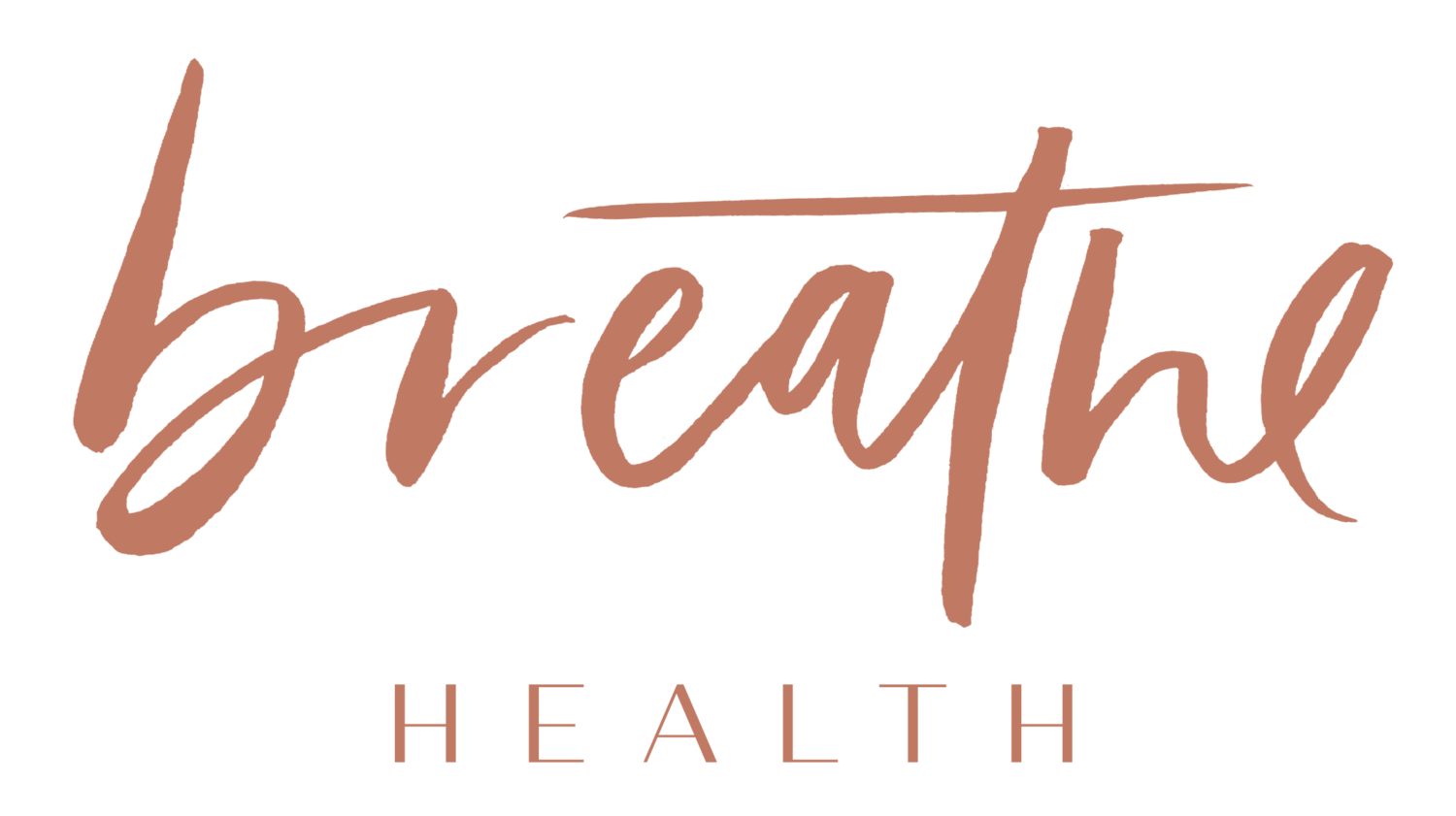
CONDITIONS WE SUPPORT
PELVIC FLOOR DYSFUNCTION.
There is a high prevalence of pelvic floor dysfunction among Australian women right across the lifespan (from childhood to adolescence to pregnancy and postpartum and throughout menopause).
Fortunately, there is strong scientific evidence supporting conservative management of many pelvic floor disorders.
We want to spread awareness surrounding pelvic floor dysfunction, given that many women experiencing conditions like prolapse, incontinence or painful sex, lack the courage to speak up about their symptoms, and very few know that Pelvic Health Physiotherapy even exists.
So if you or anyone you know is experiencing any pelvic floor symptoms and would like some advice, or if you just want to know if you’re exercising these muscles correctly, please get in touch so you can go on living a healthy and active lifestyle!
Pelvic floor conditions we treat.
Chronic pelvic pain conditions
Endometriosis, Adenomyosis
Vulval conditions - pudendal neuralgia, vulvodynia and vestibulodynia
Dyspareunia and Sexual dysfunction
Peri and post-menopausal changes
Pelvic Organ Prolapse
Incontinence
Bladder/bowel dysfunction (as outlined below)
BLADDER DYSFUNCTION
Overactive Bladder (OAB)
Stress urinary incontinence (SUI)
Urge urinary incontinence (UUI)
Mixed urinary incontinence
Painful bladder syndrome, IC, dysuria
Voiding dysfunction
BOWEL DYSFUNCTION
Defecation dysfunction
Heamorrhoids/fissures
Constipation
Faecal urgency
Faecal/flatal incontinence
Rectal prolapse
pregnancy.
Pregnancy is a really exciting time, but also a time of considerable change for our bodies.
Aside from the obvious weight gain of our growing bump and boobs, there are significant hormonal and postural changes that occur.
The effects of the pregnancy hormones, begin very early in the first trimester, and many of these work to soften muscles and connective tissues in the body.
Hormones like estrogen, progesterone, and relaxin act largely on the abdominal wall and ribcage, to create space for the growing fetus, and on the pelvic joints and pelvic floor, in preparation for childbirth.
These mechanisms can lead to aches and pains in some women, as well as significant stretching and strain of the abdominal muscles and pelvic floor tissues that suspend our pelvic organs (including our bladder, bowel, and uterus).
So if you are pregnant, and you experience any pains or incontinence, or if you just want to learn more about your amazing, changing body, please get in touch so you can keep active and strong throughout this journey!
antenatAL AND POSTnatal Conditions we treat.
Pelvic Girdle Pain: Sacro-iliac joint (SIJ) and pubic symphysis dysfunction
Piriformis syndrome
Wrist and hand pain - Carpal Tunnel Syndrome, De Quervain’s Tenosynovitis
Rib and thoracic pain
Round ligament pain
Neck pain and headaches
Calf cramps
Lateral Femoral Cutaneous Nerve Entrapment
Rectus diastasis and abdominal wall instability and dysfunction
Postural dysfunction from repetitive baby cares and
prolonged breastfeeding posturesExercise in pregnancy and postpartum return to sport advice
Inflammatory conditions of the breast - blocked ducts, mastitis, cracked nipples
Scar management post Caesarean and Vaginal deliveries
Pelvic Floor Muscle and Obstetric Anal Sphincter Injury (3rd and 4th degree tear) rehabilitation
Painful intercourse (Dyspareunia)
Pelvic Floor Dysfunction:
- Overactive, underactive and uncoordinated Pelvic Floor Muscles
- Bladder pain, voiding dysfunction, reduced sensation, urinary frequency/urgency, Urge urinary incontinence, Stress urinary incontinence
- Defecation dysfunction, constipation, heamorrhoids/fissures, faecal urgency, faecal/flatal incontinence
- Vaginal heaviness, Pelvic Organ Prolapse.

![modified 27 Photos by All the love in the world HR - 8604_1[10393].jpg](https://images.squarespace-cdn.com/content/v1/5fd3025e06c3052bbd9ed89f/1615632483510-NS3EF75ABVPHA4PPYCBM/modified+27+Photos+by+All+the+love+in+the+world+HR+-+8604_1%5B10393%5D.jpg)
